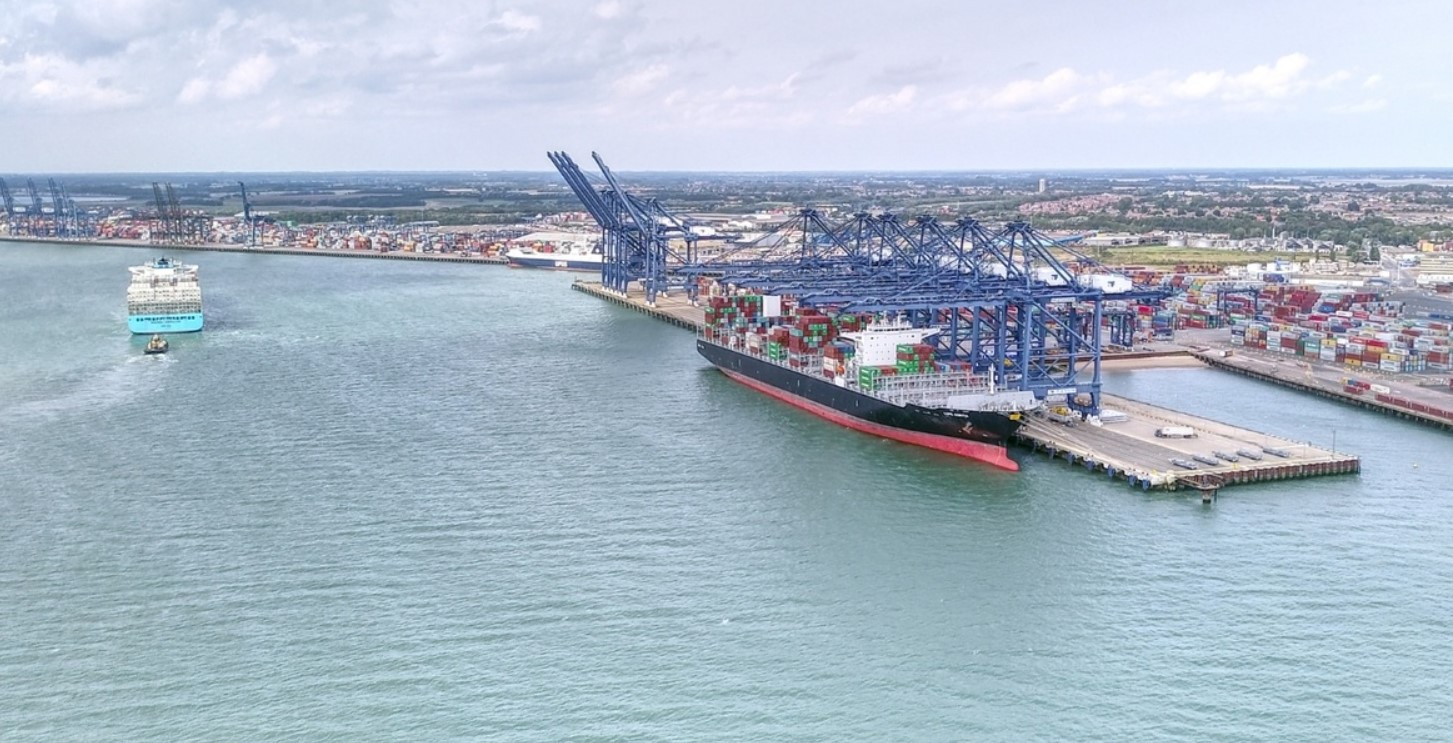Red Sea attack: African countries to face higher inflation and sustained MPR tightening – Report

African countries are expected to see higher inflation levels in 2024 and sustained interest rate tightening owing to the disruption in global trade as a result of attacks on shipping lines by Houthi Rebels in the Red Sea.
This is contained in a report compiled by Afrexim bank on the implications of the Red Sea attacks on African trade and macro-economic stability.
According to the report, the impact of the global trade disruption in Africa would be mixed with Egypt facing significant reduction in traffic around its Suez Canal while South Africa faced increased traffic and pressure in its ports due to the re-routing of vessels through the Cape of Good Hope.
Furthermore, the higher freight cost would not only spill into the prices of consumer goods across the continent but exacerbate the already elevated inflation levels across the continent. The report warned that such heightened inflationary levels could lead to further interest rate hikes by Central Banks across the continent which could stifle economic growth for the year.
- It stated, “We note that the higher freight costs caused by disruptions in the Red Sea are not only set to filter into consumer prices globally, but also poised to heighten inflationary pressures on the African continent. The higher freight costs resulting from the rerouting of Africa-bound vessels through the longer Cape of Good Hope may lead to higher inflation due to elevated import prices.”
- “With most African economies already devastated by inflationary pressures linked to currency depreciation crises, the disruptions on the Red Sea may further heighten inflationary concerns and raise the odds in favour of rate hikes. It could also delay rate cuts by Central Banks across the continent.”
Africa’s trade volume to contract
On the trade front, the disruption in the worldwide supply chain, coupled with rising prices for food and energy, might compel local manufacturers to divest from the region if production costs exceed those of their rivals in other continents. It is projected that Africa’s trade volume will contract by mid-year.
What you should know
The Red Sea is a major global trade route, accounting for about 15% of global shipping traffic linking Europe, the Middles East and parts of Africa. Since November 2023, in response to Israel’s actions against Palestinian civilians, Houthi Rebels have been attacking commercial ships, causing significant disruptions in international trade.
This has forced major shipping companies, including Maersk, Hapag-Lloyd, and MSC, to cease transit operations.
More Insights
African countries have seen elevated inflation levels owing to the ripple effects of the covid-19 pandemic coupled with the Russia’s war in Ukraine. According to the African Development Bank (AfDB), around 18 countries in the continent closed 2023 with double digit inflation further strangling consumer spending among the world’s most vulnerable population.
To stem the inflation tide, African central banks have embarked on monetary policy tightening spree in 2024. In 2024 alone, Nigeria, Egypt, Kenya, and Zambia have increase MPR as a measure to tame inflation in their respective countries.



